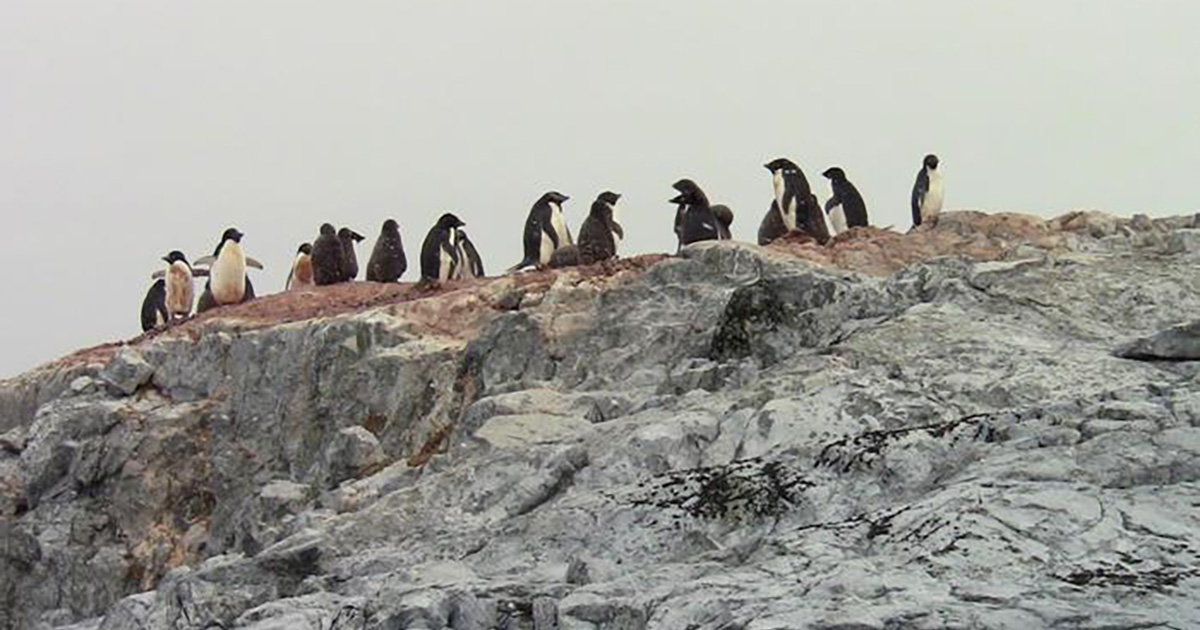Toxic Trails: How Mercury Silently Invades Penguin Ecosystems

In a groundbreaking study exploring the environmental impact of mercury contamination, scientists have delved into the world of Antarctic penguins to uncover the extent of this toxic metal's reach. Researchers meticulously collected and analyzed adult penguin feathers from a critical breeding site near Anvers Island along the West Antarctic Peninsula, seeking to establish a comprehensive baseline for mercury pollution in one of the planet's most pristine ecosystems.
By examining these delicate feather samples, the research team aims to shed light on the complex pathways of mercury contamination in one of the world's most remote and fragile environments. The study not only provides crucial insights into the current state of mercury pollution but also serves as a vital benchmark for future environmental monitoring and conservation efforts.
The investigation represents a significant step in understanding how human-induced environmental changes are impacting even the most isolated regions of our planet, offering a unique window into the far-reaching consequences of global pollution.
